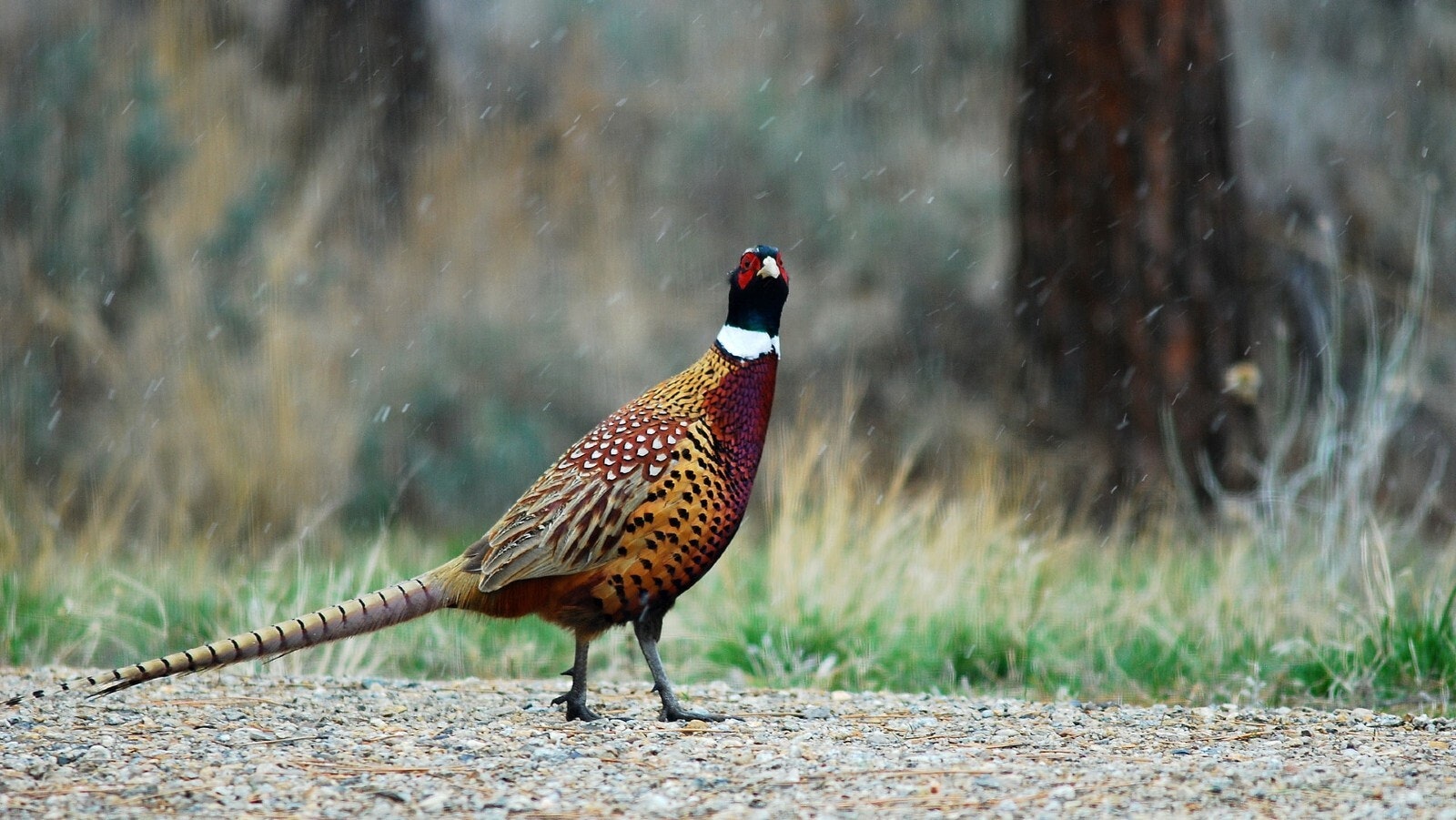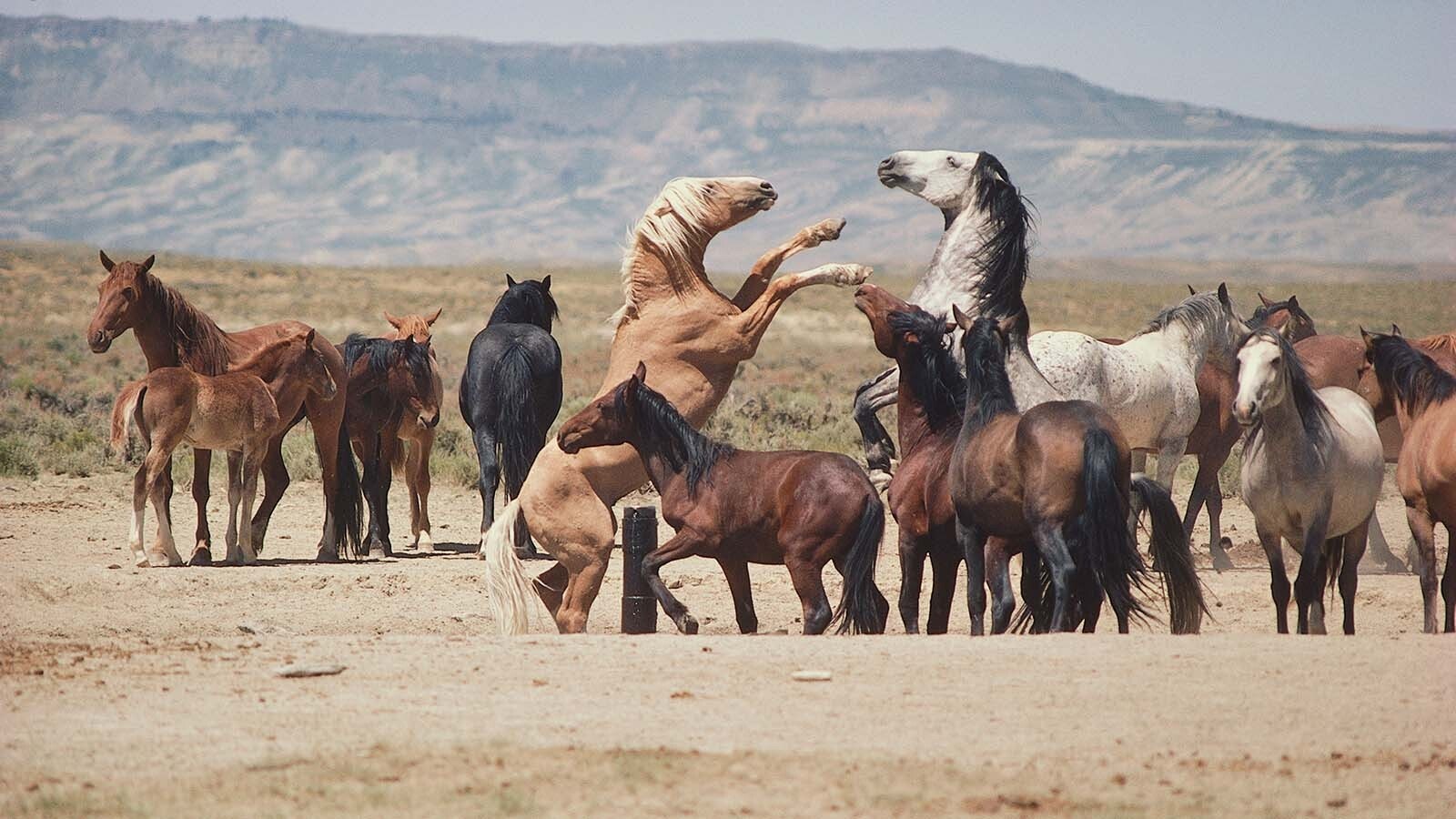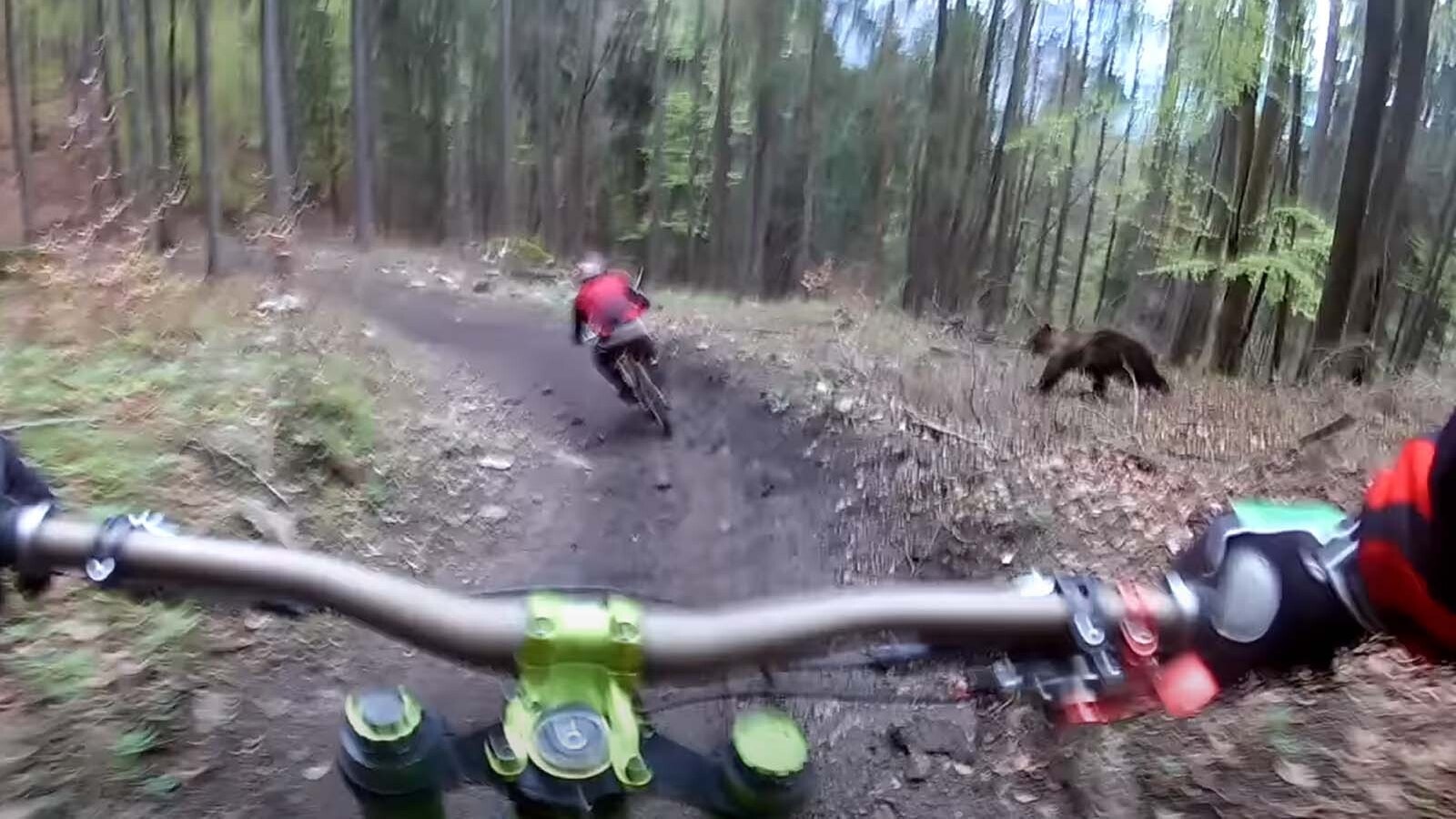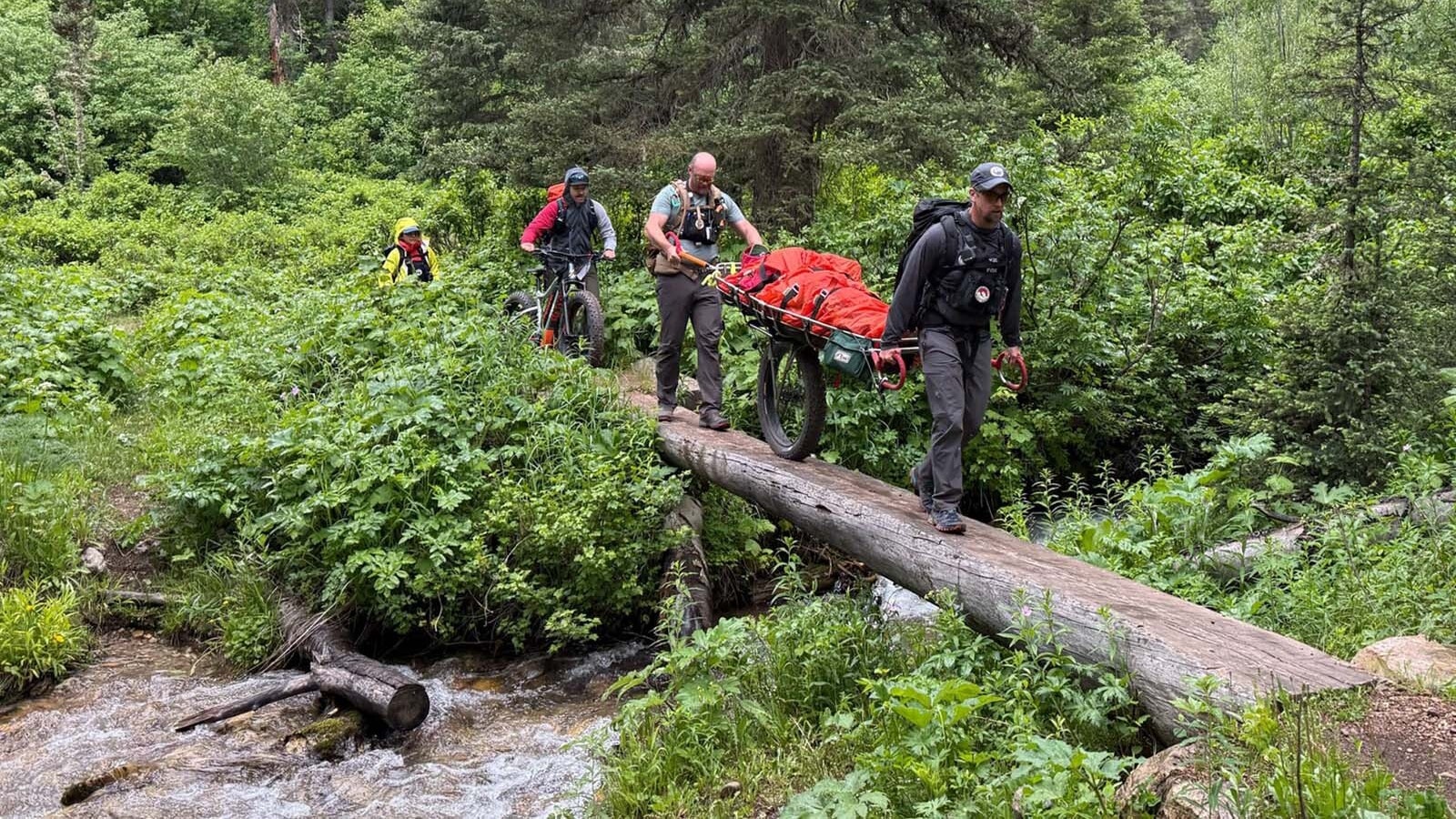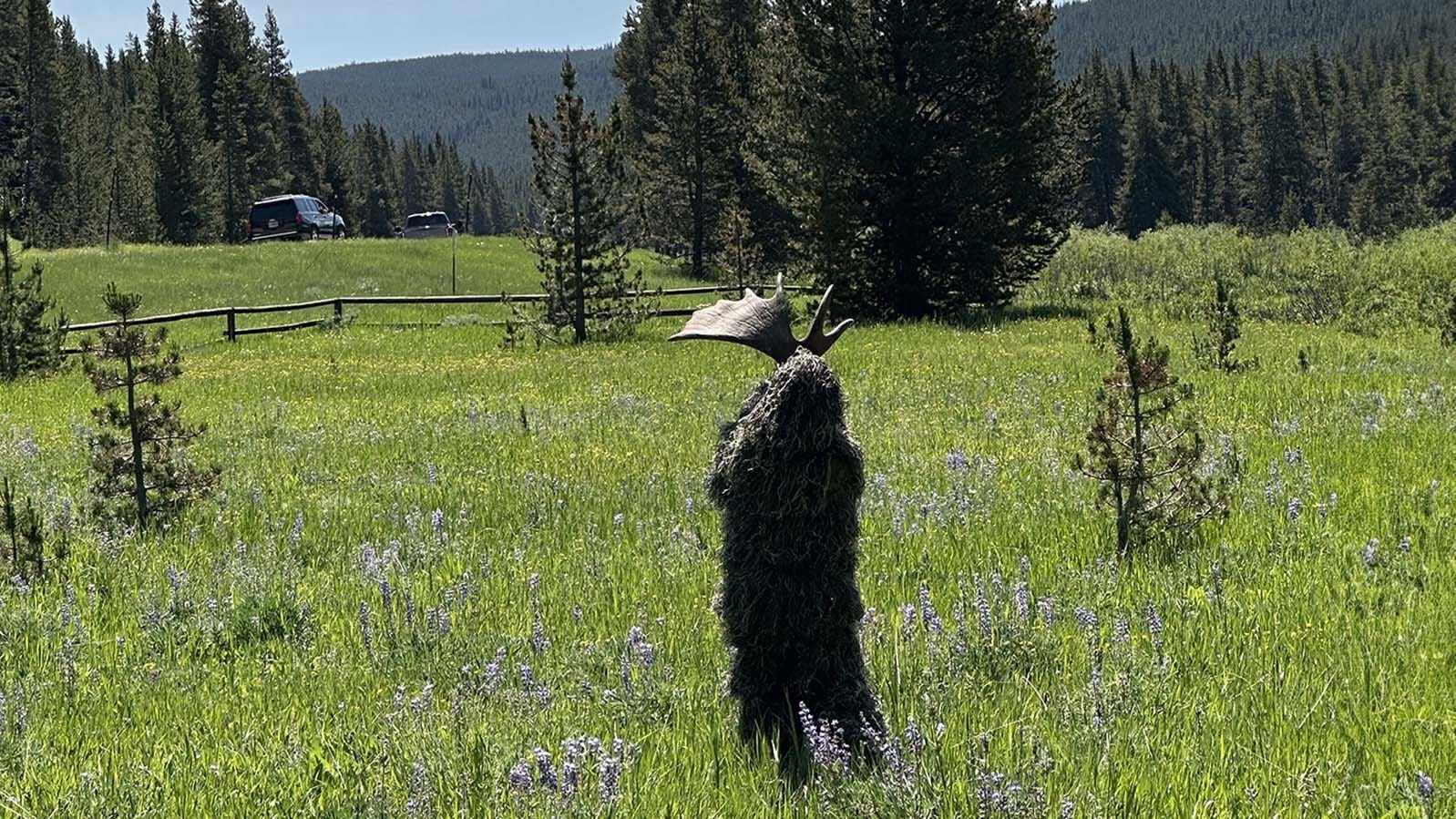The Wyoming Game and Fish Department recently killed 1,200 pheasants at its Sheridan bird farm in an attempt to prevent the spread of avian flu, a disease deadly to both wild and domestic birds.
Wyoming has become part of a national outbreak of avian flu, with several strains of birds being infected, Game and Fish Department spokeswoman Sara DiRienzo told Cowboy State Daily on Wednesday.
The flu has been affecting larger birds such as pheasants, turkeys and hawks, but not not smaller songbirds people normally see in their yards, she added.
“We found three wild turkeys dead near the Sheridan bird farm that were really concerning to us, because they could have exposed the entire (farm) population,” she said. “We raise tens of thousands of pheasants for stocking for hunting every year, so we felt like we needed to reduce the risk to the overall bird farm.”
The 1,200 pheasants that were killed were in close proximity to where the dead turkeys were found, so the decision was made to depopulate a portion of the bird farm. Many of the birds that were euthanized had already laid eggs, which have been harvested by the department in hopes they will hatch.
The Game and Fish Department produces more than 30,000 pheasants at bird farms in Downar and Sheridan for use in stocking for the annual hunting season. There have been no birds killed at the other Game and Fish Department bird facility in Downar.
“We’re pretty diligent about protecting birds against diseases all times of the year with biosecurity,” DiRienzo said. “This was pretty close and could have a significant effect, so we had to swiftly reduce that risk.”
Wyoming Wildlife Advocates executive director Kristin Combs told Cowboy State Daily on Monday that she questioned whether stocking pheasants for hunting season was wise.
“Any time you have an unnatural concentration of animals in one place, disease concerns abound,” she said. “Somehow pheasants are one of those species that has been determined to have only ‘sporting’ value. Non-native pheasants are raised in farms only to be released to be killed. Many that aren’t killed by hunters, die from exposure as they aren’t adapted to Wyoming’s harsh winters.”
She added that game and other wild animal farms are similar to feedgrounds, in that they are ripe for disease transmission.
“If COVID-19 has taught us anything, it’s that zoonotic diseases can have vast implications beyond what we can currently foresee. When we know better, we should strive to do better. Not only for the pheasants, but also for humans,” Combs said.

